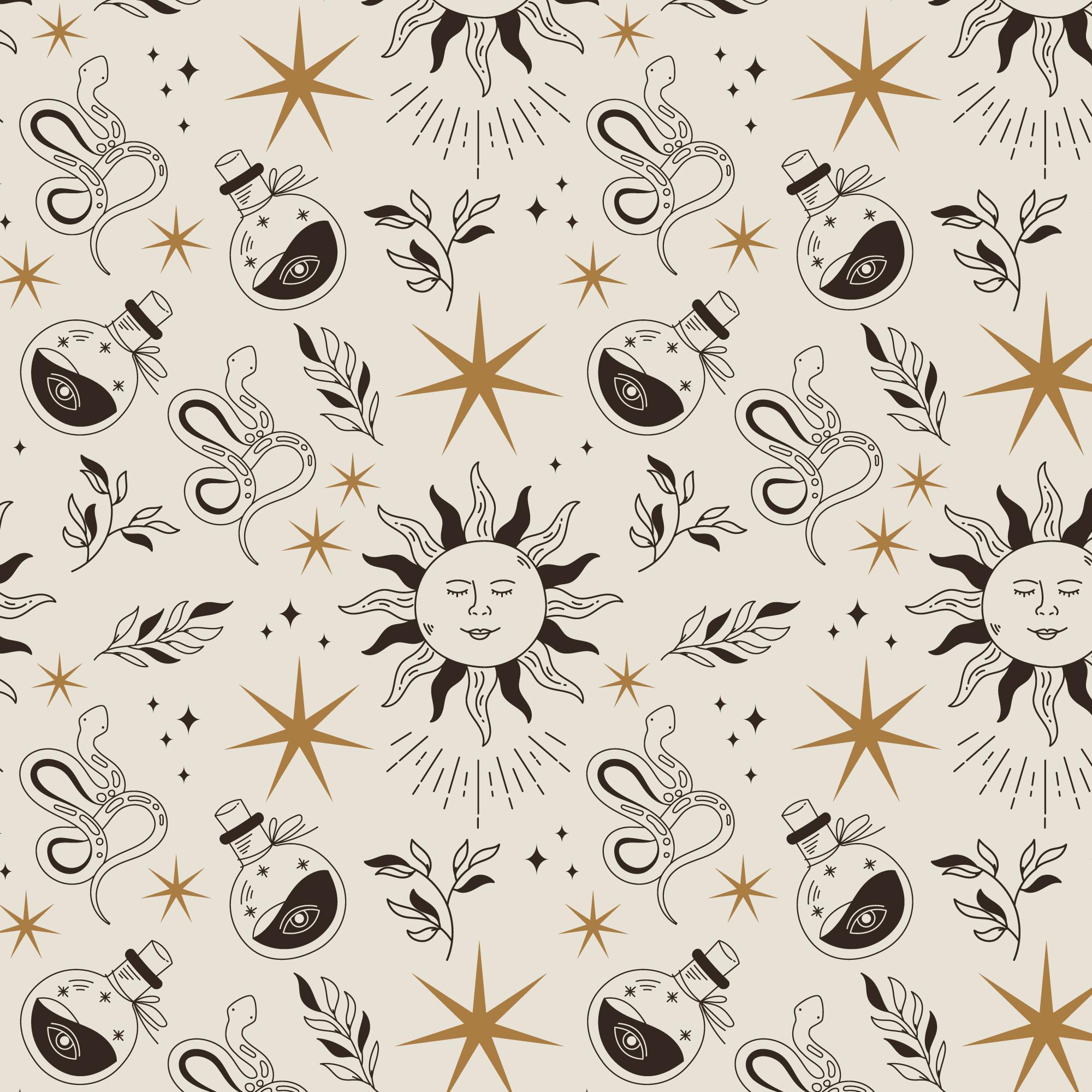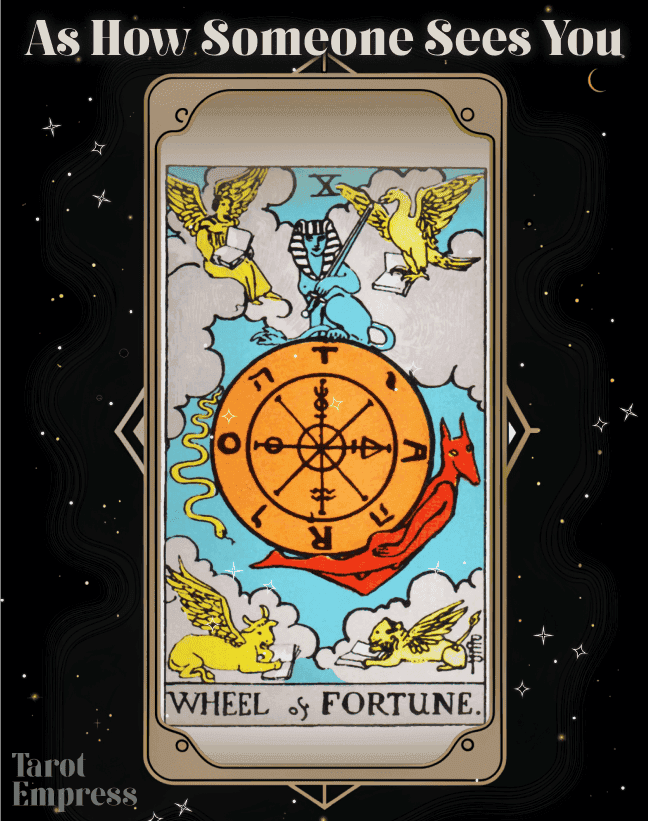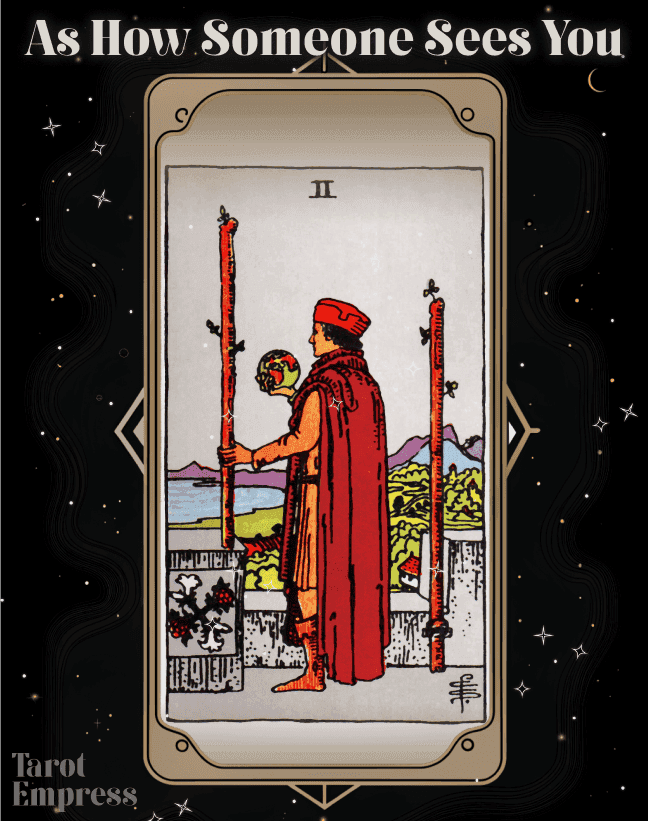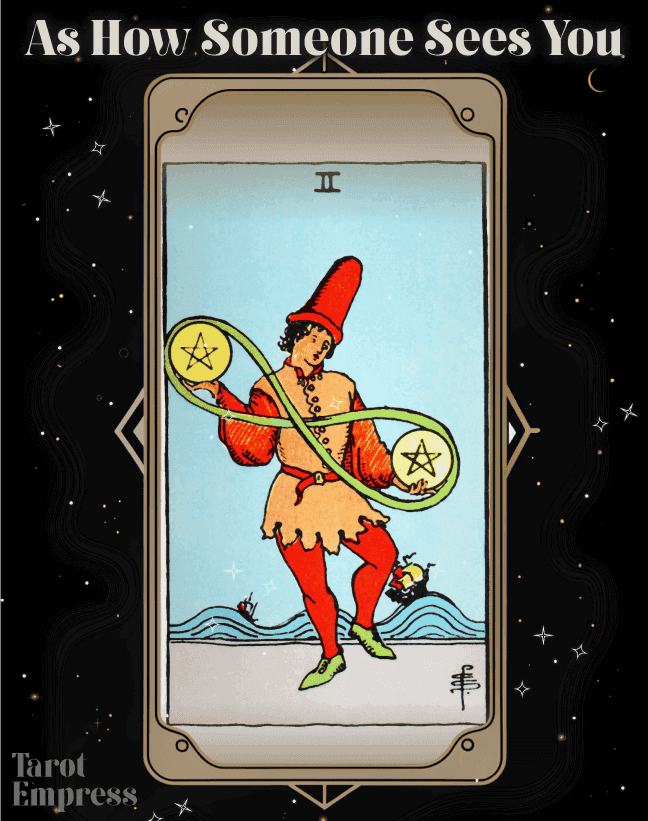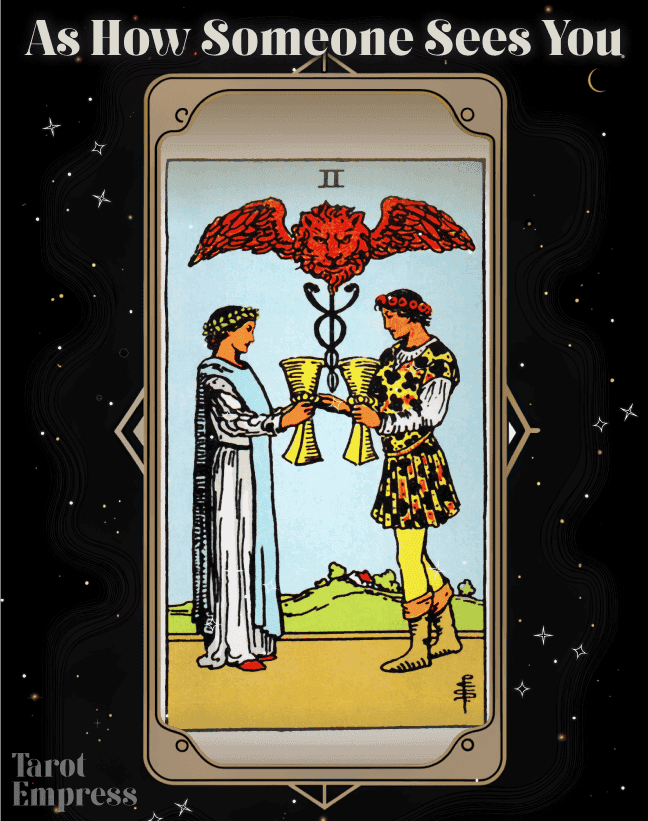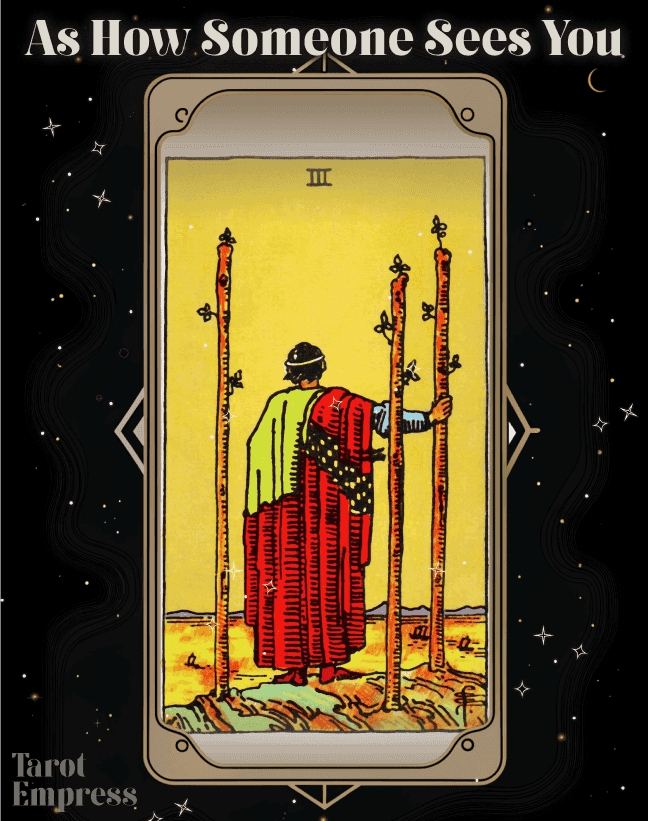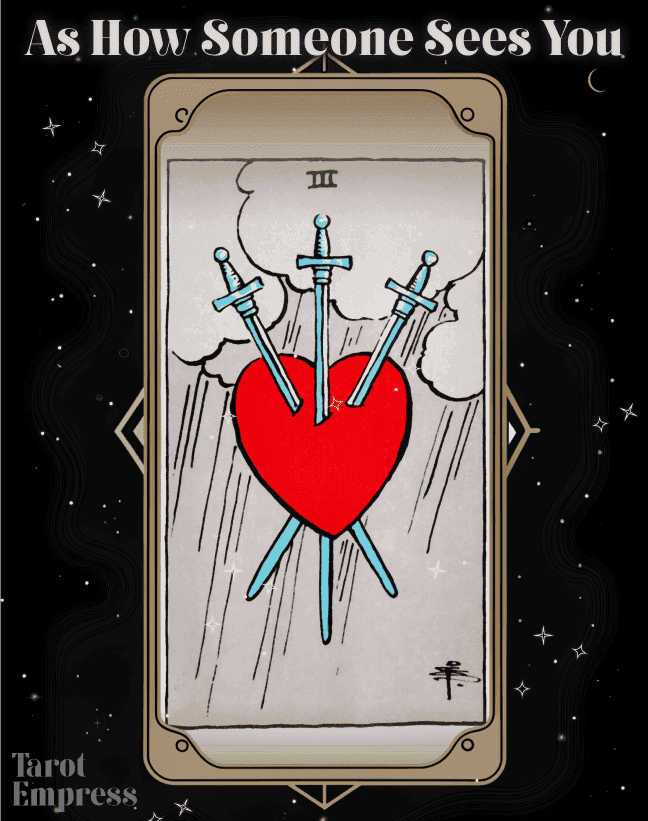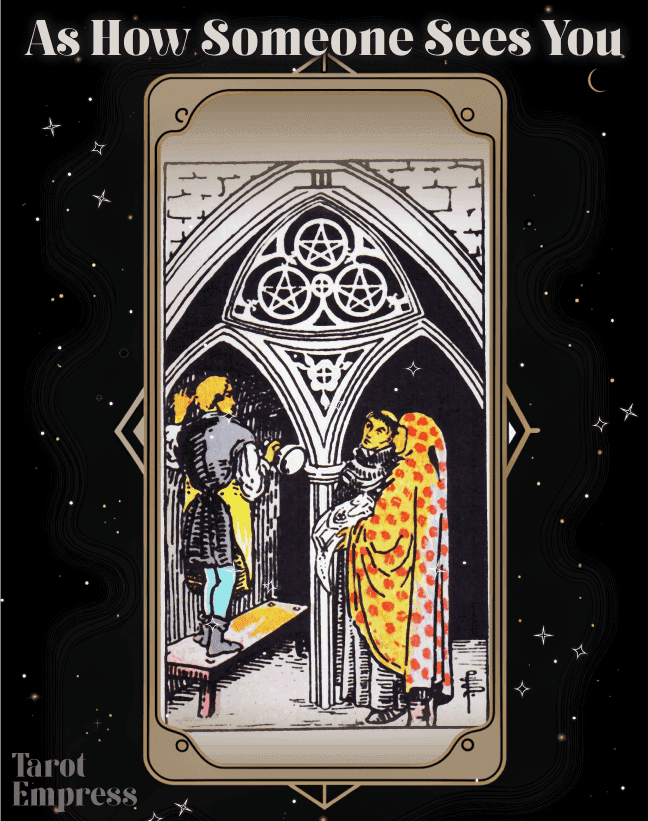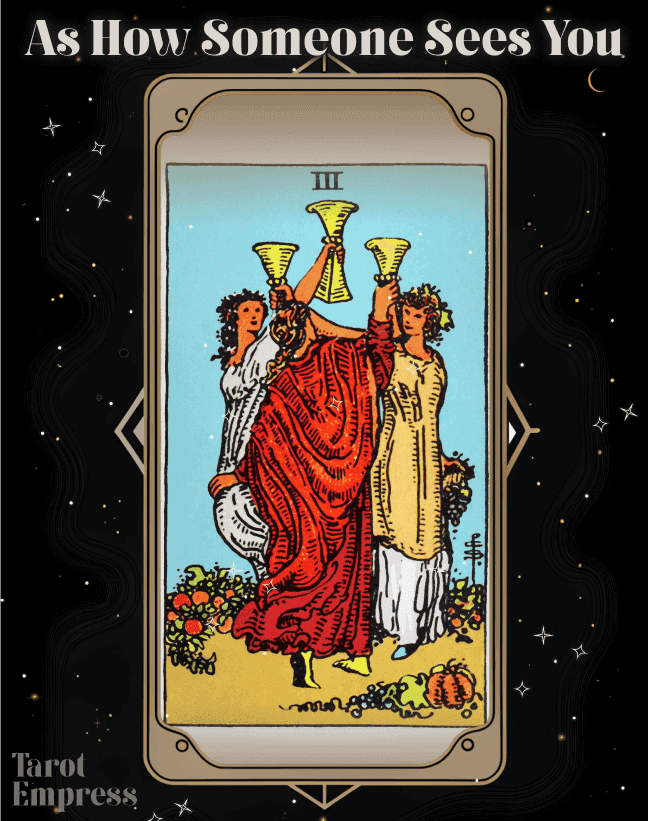In the enigmatic world of tarot, the Judgement card holds significant weight. It serves as a harbinger of reflection and decision-making, encouraging introspection and renewal for those seeking direct answers. For those who consult tarot cards for quick insights, it offers a lens through which to perceive decisions affecting love, career, and personal growth with clarity and foresight.

Judgement Yes or No Meaning: The Call for Self-Evaluation
The particular card is not a simple tool for blunt answers but instead calls for a period of assessment and awakening. In straightforward yes-or-no tarot readings, if Judgement appears upright, it leans towards a "yes," signifying clarity and inner realization. When reversed, it suggests caution, hinting at a need for deeper contemplation before making decisions.
Is the Judgement a Yes or No Card? Upright Interpretation
When upright, the card carries a positive affirmation, pointing to clarity in reflection and decisions that align with one's true path. It serves as a guide for embracing changes and listening to one's inner wisdom. Below are common contexts where the upright Judgement lends a supportive affirmation:
- A time to revisit past actions and reconcile them to move forward.
- A pivotal moment for transformative change or personal growth.
- Responding to intuitive inclinations towards a goal or pursuit.
Interpretation for Love Readings
When it comes to relationships, an upright Judgement indicates emotional maturity and readiness for greater commitments. It provides reassurance in decisions of the heart, whether one is single or part of a couple.
- For singles: The card signifies lessons learned, paving the way for open-hearted love.
- For couples: It's an invitation to honestly evaluate the relationship and consider future commitments.
- About reconciling with an ex: The upright position supports a thoughtful reconnection, especially if it promotes healing and closure.
Meaning in Career Readings
For professional inquiries, the upright Judgement card indicates a clear direction and significant decisions that align with one's deeper calling.
- Contemplating a career change: The card encourages pursuing a path that aligns with personal fulfillment.
- Undertaking a major project: It suggests success achieved through integrity and planning.
- Assessing a business partnership: An affirmative sign indicating diligence will yield rewards.
Judgement Reversed Yes or No: Reflective Pause
A reversed card often suggests a "no" or advises caution, indicating a time rife with indecision or delay. It encourages introspection and warns against acting rashly. Consider the following scenarios where a reversed Judgement implies potential hesitation:
- Avoidance of accountability or learning from past mistakes.
- Resistance to needed change despite an underlying desire to evolve.
- Decision-making clouded by unnecessary fears or doubts.
Understanding Love Connections
In romantic contexts, a reversed Judgement calls for careful analysis and attention to unresolved matters. It often points to communication barriers or internal conflicts that need resolution.
- For those pursuing love: The card suggests introspection, hinting at emotional obstacles that may hinder new relationships.
- For couples: It highlights a need for open communication to address and resolve lingering issues.
- Considering a return to an ex: The reversed position indicates unresolved emotions that could stand in the way of genuine reconciliation.
Career Insights
In terms of career, a reversed Judgement suggests taking a step back to reevaluate strategies and decisions.
- Facing a major career decision: Encourages reconsideration of motivations and risks involved.
- Dealing with workplace challenges: Prompts introspection about personal behavior and its impact on the team.
- Investing in a new venture: Advises gathering more information before proceeding.
Effective Yes or No Questions with the Judgement Card
Crafting questions for yes-or-no tarot readings with Judgement involves specificity and clarity. Here are examples of well-structured questions:
- "Is this relationship decision aligned with my personal growth?"
- "Have I fully integrated past learnings for this career transition?"
- "Will reconnecting with my ex support my journey forward?"
- "Is this the right time to commit further in my relationship?"
Emotional Expression in Relationships
In the sphere of love, Judgement speaks to a journey of authenticity and truth. Whether it presents itself upright or reversed, it offers guidance based on lessons and opportunities for personal growth.
- In its upright stance, it supports transformative development and emotional alignment.
- When reversed, it prompts reflection to clear past grievances before moving forward.
Decisive Guidance from This Card
The depicted archetype in tarot provides insight into our deepest intentions and potential, encouraging us to examine without fear and act with authentic clarity. Whether offering affirmation through its upright manifestation or caution from its reversed position, it inspires thoughtful decision-making that aligns with one's true self. It reminds us of the perpetual cycle of growth and learning, urging us to trust our inner wisdom to guide our path with resolution and insight.
In the embrace of tarot's guidance, Judgement encourages self-awareness and enlightenment, leading to decisions that are not just answers but pathways to deeper understanding and personal evolution.
FAQs
Can Judgement provide a straightforward yes or no in tarot sessions?
Judgement serves as a tool for reflection and often offers a yes when it appears upright, signaling clarity and progress. Its presence in a reading highlights the importance of considering one's past actions and motivations in decision-making. However, as with all tarot cards, the nuances of the card's position and surrounding cards play a crucial role in the overall message.
What implications does a reversed Judgement card hold in simple yes or no terms?
A reversed card usually suggests a no or urges caution, indicating a time for thorough introspection. It may hint at unresolved issues or resistance to change, warning against premature conclusions or actions without proper understanding.
In what ways does the yes or no meaning of Judgement affect matters of the heart?
In love readings, an upright position may affirm positive growth and readiness for deeper commitments, guiding individuals to embrace lessons and open their hearts. Conversely, a reversed state can point to emotional barriers or miscommunications needing attention before progression can occur.
When Judgement is upright, what does it mean for yes or no inquiries?
Upright, the card is associated with affirmations and positive resolutions. It signifies a period of enlightenment and clear answers, particularly in scenarios where assessing past decisions leads to informed and truthful paths forward.
How might the reversed Judgement card inform decisions in a professional setting?
In career matters, a reversed Judgement suggests pausing to reevaluate one's course and challenges. It encourages gathering more information and reconsidering one's approach, highlighting potential pitfalls that need addressing before moving ahead.
What insights can Judgement offer in personal growth or spiritual inquiries?
This card invites reflection and awakening, urging individuals to acknowledge their actions and learn from them. In matters of personal development, it emphasizes the importance of aligning one's path with deeper truths and gaining insights through contemplation, whether the card appears upright or reversed.
